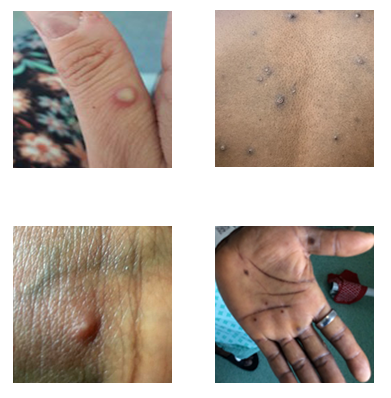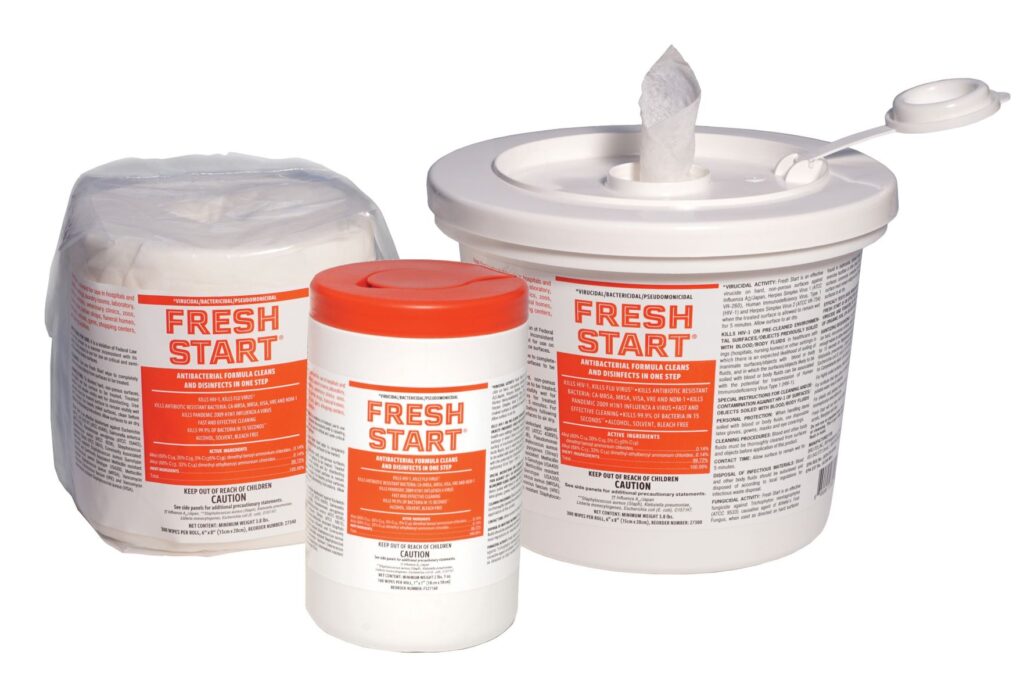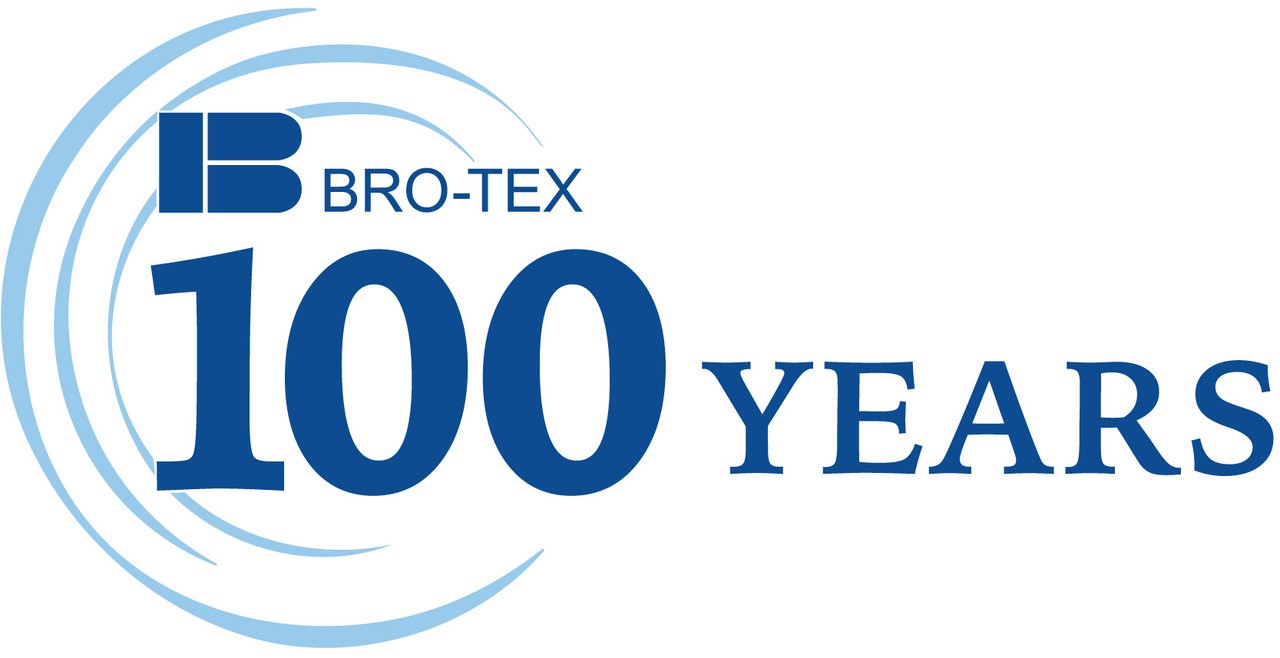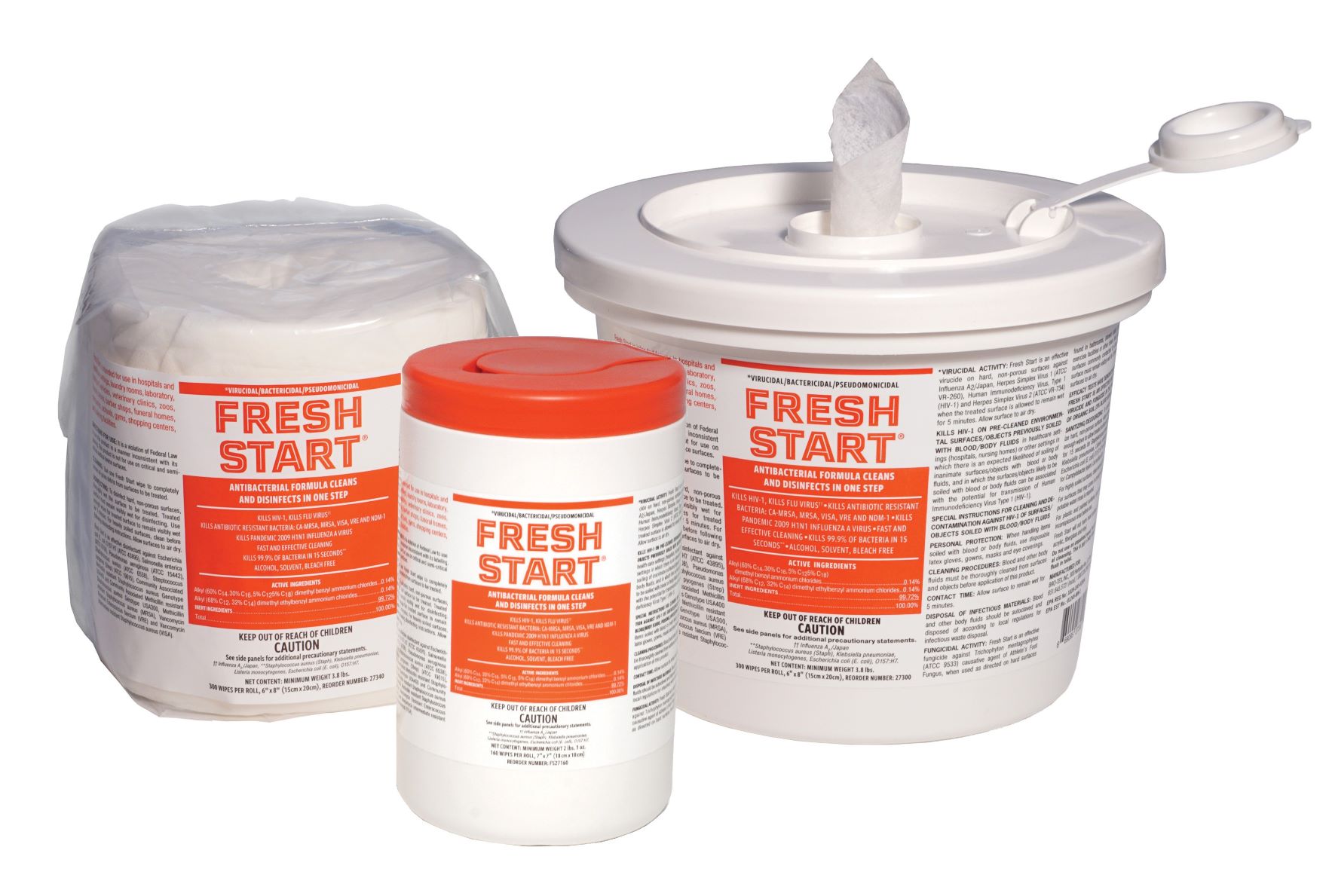What is Monkeypox?
Monkeypox is a virus that has been getting a lot of attention in the news. The World Health Organization has given monkeypox a global health emergency status in July 2022. While still rare, the US has more cases than anywhere else in the world. The Americas accounted for 60% of cases in one month during the summer of 2022.
It is part of the same family of viruses as smallpox. The first human case of monkeypox was recorded in 1970.1 The good news is that it is rarely fatal, but it can be very painful.
Monkeypox can be spread by person-to-person contact with the rash, scabs, or bodily fluids. The CDC reports that it also can be spread by respiratory secretions during prolonged, face-to-face contact, or during intimate physical contact, such as kissing, cuddling, or sex.2

NHS England High Consequence Infectious Diseases Network
What are the symptoms of monkeypox?
Symptoms start within 3 weeks of exposure to the virus. Symptoms can include fever, muscle aches, backaches, tiredness, swollen lymph nodes, chills, and respiratory symptoms. A rash that looks like pimples or blisters occurs and may be in the mouth, face, hands, chest, anus, or genitals. The illness lasts two-four weeks but the monkeypox virus can be spread from the start of symptoms until a fresh layer of skin forms over the scabs.3
Is there a vaccine for Monkeypox?
There is a vaccine available for high-risk groups. Vaccines developed to protect against smallpox viruses may be used to prevent monkeypox infections. The U.S. government has two stockpiled vaccines—JYNNEOS and ACAM2000—that can prevent monkeypox in people who are exposed to the virus. For more on the vaccines, visit https://www.cdc.gov/poxvirus/monkeypox/vaccines.html
What should people infected with Monkeypox do to prevent spreading the virus?
Monkeypox is classified as a “Tier 1” virus (enveloped virus) by the EPA. It can be spread through contaminated surfaces.
The CDC recommends that people isolate if they have the Monkeypox virus.
Infected people should ideally have a separate bathroom. It is recommended people wear long clothing that covers the rashes including gloves if possible. Avoid touching or scratching the rash. People with Monkeypox should use a well-fitting mask if close contact with others cannot be avoided.
Practice good hand hygiene. Wash hands well after touching bedding, clothing, bandages, or surfaces. Disinfect hard surfaces with disinfectant wipes from EPA List Q of Emerging Pathogens like Fresh Start® Disinfecting Wipes. Wipe surfaces such as faucets, counters, and light switches.
Avoid contact with pets since Monkeypox has occurred in mammals.
How should people protect themselves from Monkeypox?
If you are around someone who has a rash, below are guidelines from the CDC5:
- Avoid skin to skin contact with people that have a rash that looks like Monkeypox.
- Avoid contact with any objects that people have touched who have a rash like Monkeypox. Do not touch bedding or towels. Do not share cups or eating utensils.
- Wash your hands often especially before eating or after going to the bathroom.
- Focus on disinfecting items and surfaces that were in direct contact with the skin of the person with Monkeypox, or often in the presence of the person with monkeypox, during isolation. If unsure, disinfect.
How should you clean and disinfect for Monkeypox?
Use a disinfectant with an EPA emerging pathogens claim (List Q) to disinfect contaminated hard surfaces. Make sure the disinfectant you choose is EPA registered so there should be a registration number on the label. Fresh Start Wipes (EPA Reg no: 1839-190-63584) have an emerging pathogens claim on list Q to disinfect and kill viruses on hard, non-porous surfaces like toilet seats, faucets, doorknobs, countertops, or car surfaces. Make sure you remove visible dirt before using a disinfectant so that the disinfectant can be fully effective.

The CDC recommends that you do not dry dust or sweep because infectious particles may be spread. Instead, use wet cleaning methods such as disinfectant wipes, sprays, and wet mopping. You can vacuum if your vacuum has a high-efficiency air filter.
1 https://www.cdc.gov/poxvirus/monkeypox/about.html
2 https://www.cdc.gov/poxvirus/monkeypox/transmission.html
3 https://www.cdc.gov/poxvirus/monkeypox/symptoms.html
4 https://www.cdc.gov/poxvirus/monkeypox/if-sick/preventing-spread.html
5 https://www.cdc.gov/poxvirus/monkeypox/prevention/protect-yourself.html
6 https://www.cdc.gov/poxvirus/monkeypox/specific-settings/home-disinfection.html


